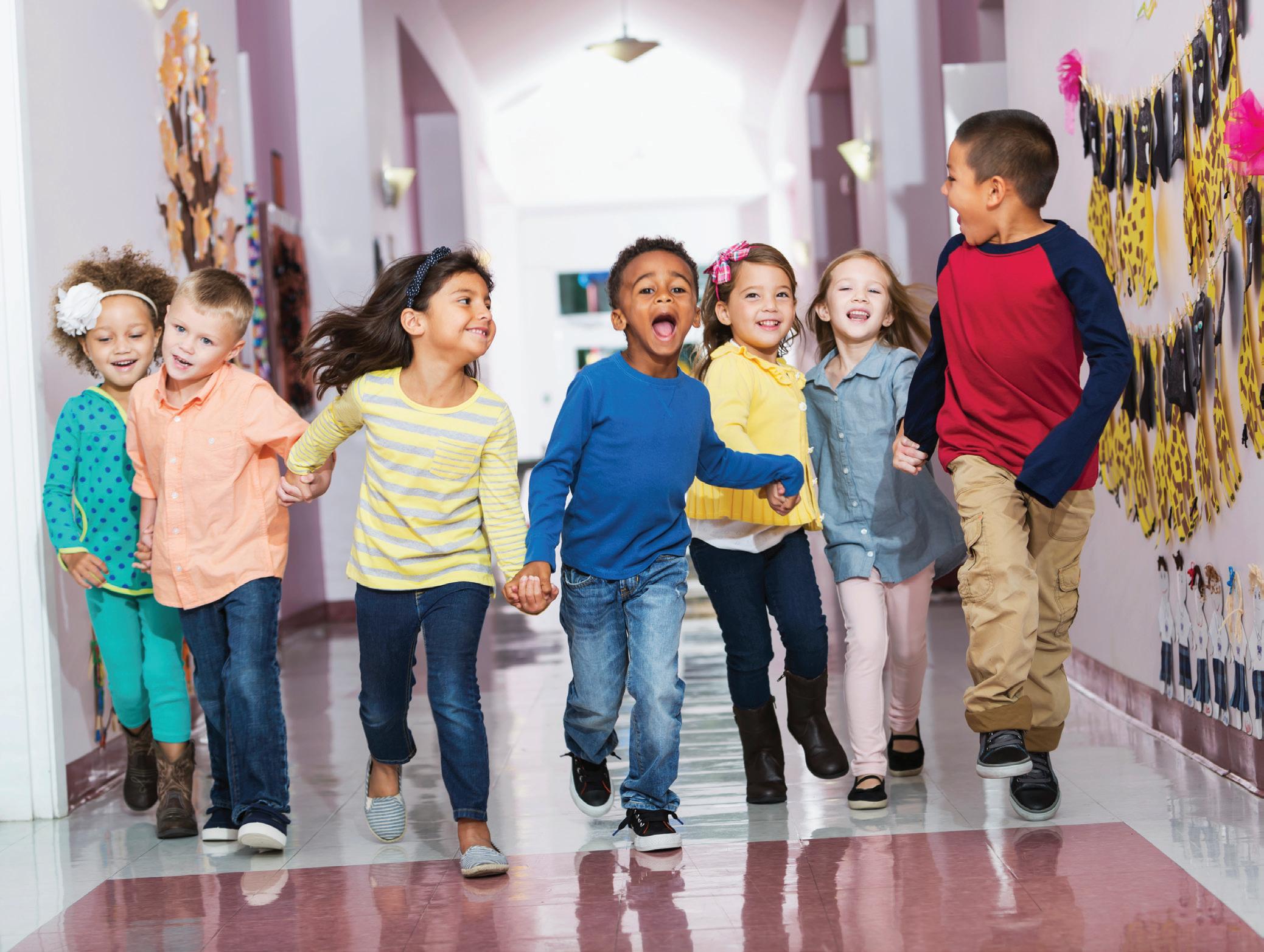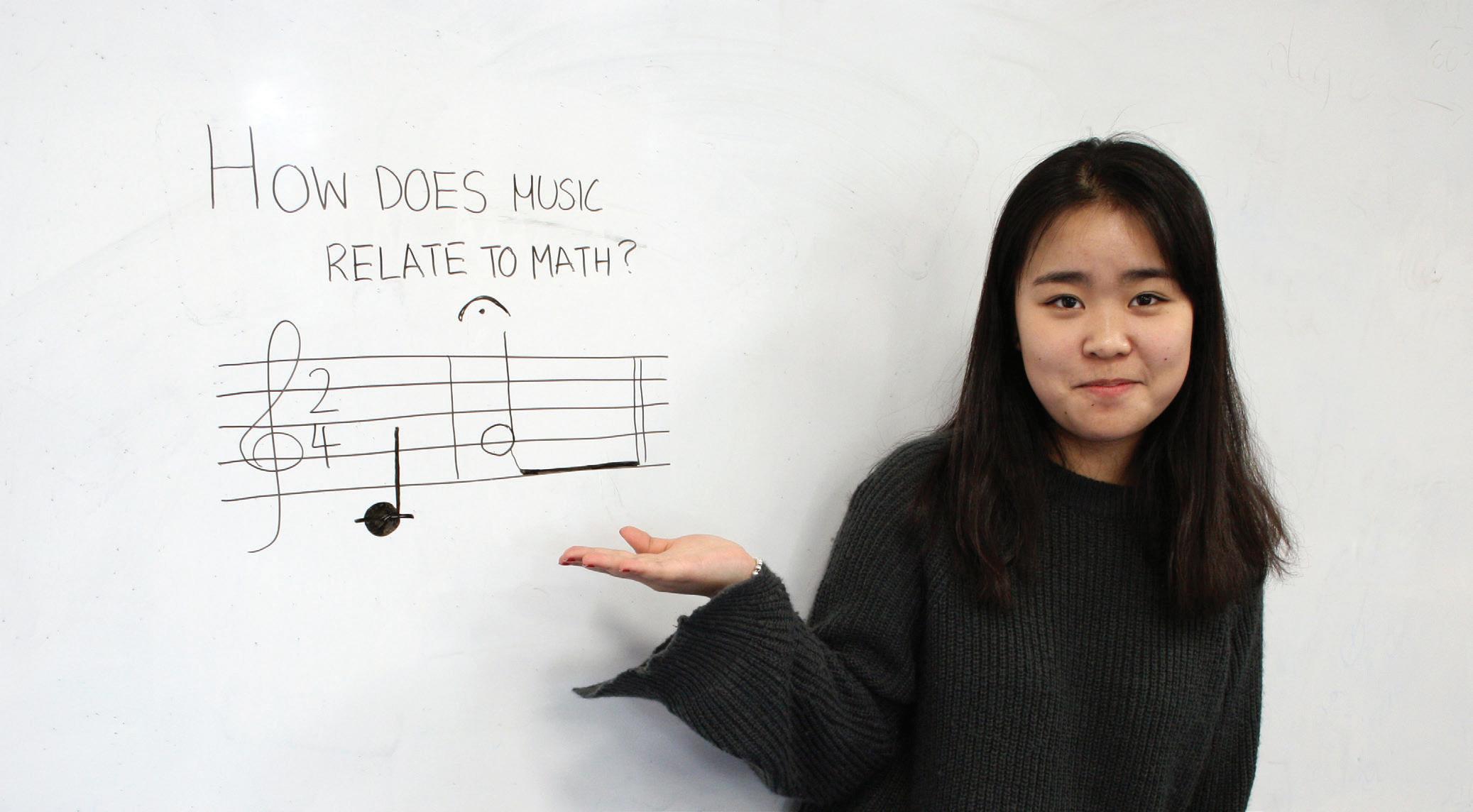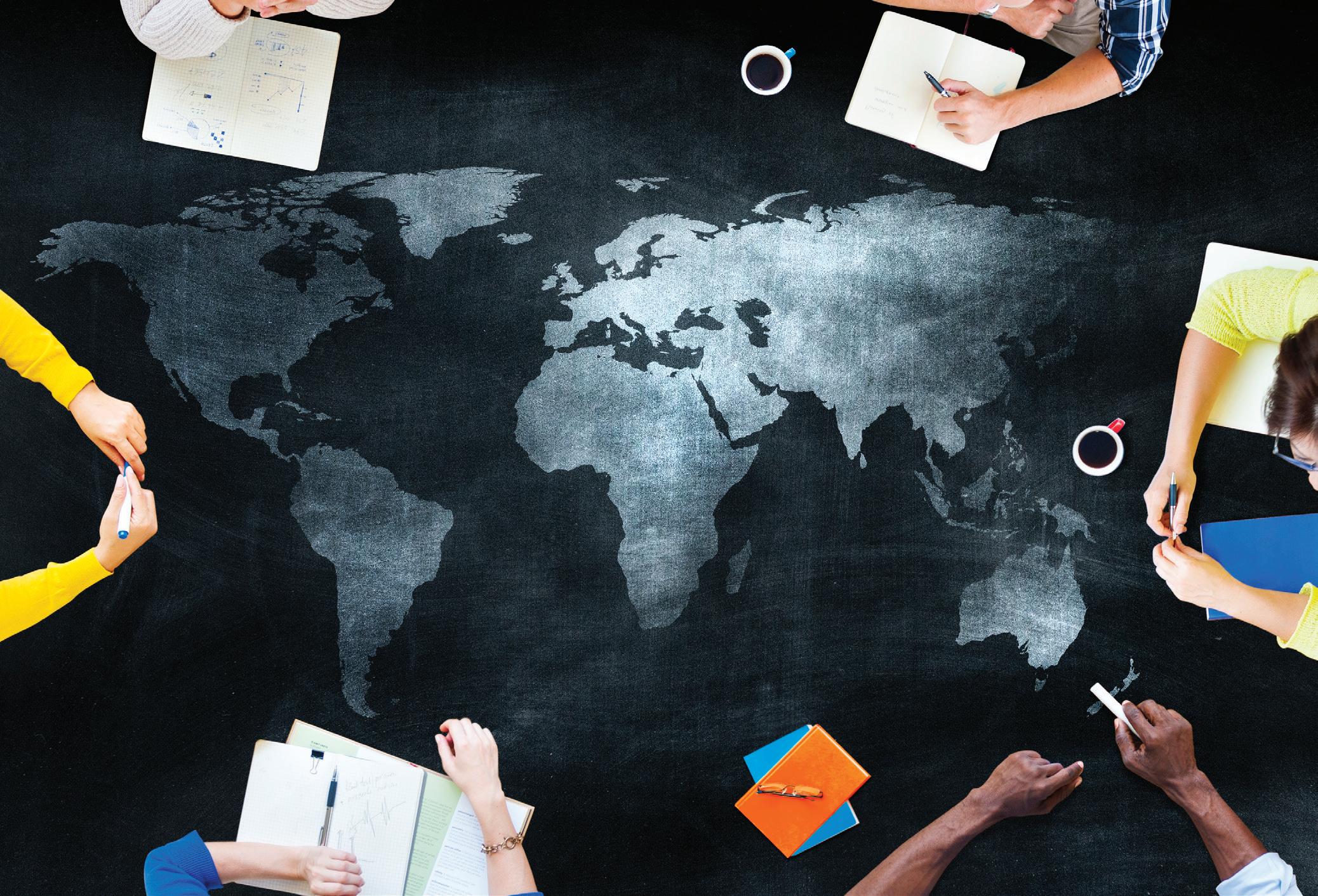Features
Will my son be a global citizen? How early should I be thinking about this, wonders Hedley Willsea... ‘Ladies and gentlemen, parents and graduating students of the class of 2032, it strikes me that children are the most precious asset of any society. And looking back at my own childhood I see, in fact, that school and hospital visits are the only times in your life when every adult in the building is unconditionally committed to your wellbeing…’ In 2032 my son is due to graduate from high school, so I’ve started drafting my guest-of-honour speech fourteen years early. Well, there’s no time like the present and – as you can see – it still has a long way to go. As does my son, who began school this academic year. On his first day of term I was probably the most nervous adult in the school building, and as I spent the preceding evening frantically ironing name tags into his uniform, I realised that his first day would mark his first formal step into society. Even now, months after the hurdle of the first day, I brood over the prospect of him spending the next fourteen years being measured against a series of social and academic norms. I shouldn’t be losing any sleep over this – as a professional educator I am one of the people laying down the measuring sticks, and I’ve spent almost two decades doing this very same thing to other people’s children. So why does it trouble me now? Ridiculous as it may sound, it has taken my son’s first day of school to force home the realisation that schooling is citizenship; there are rules to follow, even at four years old. And while in a perfect world education is a right, the reality is that it remains a privilege. For example, after visiting my son’s classroom on his first day I searched online for ‘third world classroom’ and the stark visual contrast still resonates. To put it another way, my son is lucky to attend an international school – but he doesn’t know it yet. If all goes well he will eventually study the IB (International Baccalaureate) programme, the aim of which is to ‘develop internationally-minded people who, recognising their common humanity and shared guardianship of the planet, help to create a better and more peaceful world through intercultural understanding and respect’ (IB, 2019a). As a teacher who has spent eighteen years in international schools I have repeatedly questioned what it really means to be ‘internationally-minded’ and this has led me to peruse back issues of this (IS) magazine. In volume 15 issue 2 (2013), the main theme of which was international mindedness, Richard Harwood and Katharine Bailey offered the following definition of international mindedness, which they also called global consciousness: Winter
Summer |
| 2019
‘A person’s capacity to transcend the limits of a worldview informed by a single experience of nationality, creed, culture or philosophy and recognises in the richness of diversity a multiplicity of ways of engaging with the world’. In another article from the same issue, Ian Hill (previously IB deputy director general) defined education for international mindedness as: ‘the study of issues which have application beyond national borders and to which competencies such as critical thinking and collaboration are applied in order to shape attitudes leading to action which will be conducive to intercultural understanding, peaceful co-existence and global sustainable development for the future of the human race.’ According to the IB Learner Profile (IB, 2019b), internationally-minded students are, among another things, caring, principled and open-minded. But as I read all of the above, I cannot help but ask: is it all simply an ideal? What of the ‘real world’ back home in public sector schools? As David Wilkinson in IS magazine volume 19 issue 2 (2017) notes: ‘[T]he question of access to the IB programmes needs to be addressed and acted upon, particularly in the developing world where the cost of the programmes is prohibitively expensive for all except the international schools that serve the local elite and the transient expatriate communities.’ Admittedly the IB is viewed by some in the UK (Middleton, 2010) as for the more privileged independent sector but, according to www.ib-schools.eu, as of 2014 there were 155 schools in the UK offering the IB, only 83 of which were independent. The IB has also been criticised for its frontloading of the IB Learner Profile; non-IB adherents, for example those schools favouring A-levels, may ‘prefer character-building to
It has taken my son’s first day of school to force home the realisation that schooling is citizenship; there are rules to follow, even at four years old. 29



























